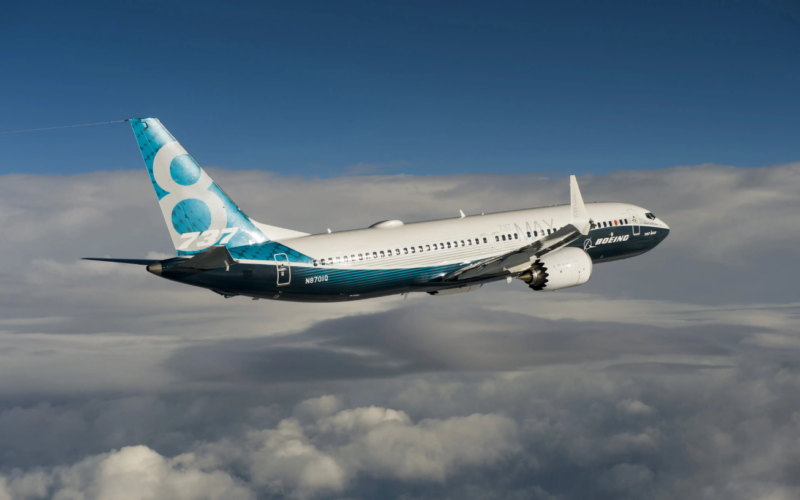In a significant development for the aerospace industry, the Chief Executive Officer (CEO) of Boeing has emphasized the imperative for the company to admit to its mistakes as the 737 Max 9 jets face grounding. The call for accountability comes amid concerns over the safety of the aircraft, reflecting a proactive stance from Boeing in addressing potential issues and rebuilding trust within the aviation community and among the general public.
The grounding of Boeing’s 737 Max 9 jets underscores the critical nature of ensuring the safety and reliability of commercial aircraft. The CEO’s acknowledgment of a collective mistake indicates a commitment to transparency and a willingness to confront challenges head-on. This move is particularly crucial in the aftermath of previous incidents involving Boeing’s 737 Max series, which led to a global grounding of the aircraft and prompted extensive investigations into design and safety protocols.
The aviation industry places a premium on safety, and any concerns regarding the airworthiness of aircraft demand swift and decisive action. Boeing’s decision to ground the 737 Max 9 jets reflects a commitment to prioritizing safety over commercial interests, an approach that is essential in maintaining public confidence in air travel.
The CEO’s call to acknowledge the mistake resonates with a broader conversation about corporate responsibility and accountability. In an era where transparency and ethical business practices are increasingly emphasized, leaders are expected to take ownership of errors and work diligently to rectify them. Boeing’s willingness to confront and learn from mistakes contributes to the company’s credibility and demonstrates a commitment to continuous improvement.
Furthermore, the CEO’s statement is likely to have a positive impact on the company’s relationships with regulatory bodies, airlines, and the flying public. Openly acknowledging mistakes fosters an environment of trust and collaboration, crucial elements in ensuring the effective resolution of challenges and preventing similar issues in the future.
The grounding of the 737 Max 9 jets serves as a reminder of the complexities involved in the design, manufacturing, and certification processes of commercial aircraft. As aviation technology evolves, so do the expectations for stringent safety standards. Industry leaders must navigate these challenges with a steadfast commitment to the well-being of passengers and the integrity of the aviation sector as a whole.
Boeing’s proactive response to the situation also sets a precedent for other companies facing similar challenges. The aviation industry, characterized by its emphasis on safety and precision, requires a collective commitment to transparency and accountability to maintain public trust and confidence.
In conclusion, the CEO’s call for Boeing to acknowledge ‘our mistake’ amid the grounding of 737 Max 9 jets is a pivotal moment for the aerospace giant. This stance reflects a commitment to transparency, accountability, and continuous improvement in the pursuit of safety and reliability. As the aviation community watches closely, Boeing’s actions will likely influence not only its own trajectory but also the broader conversation surrounding corporate responsibility within the industry.








